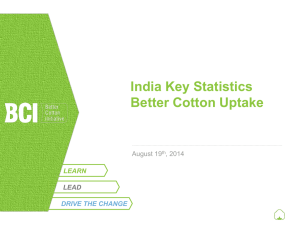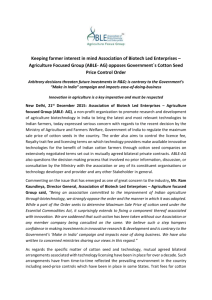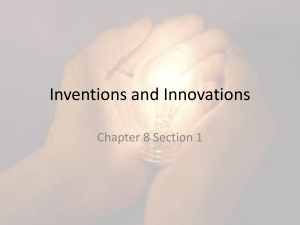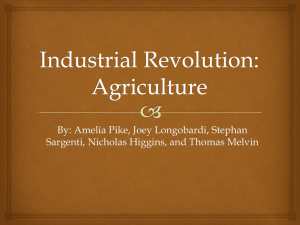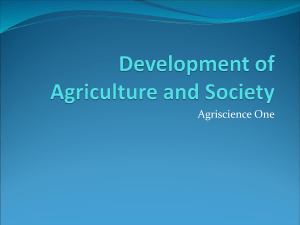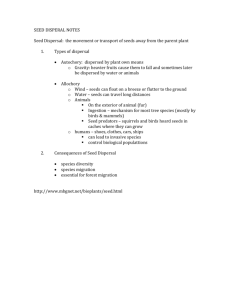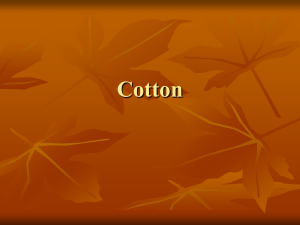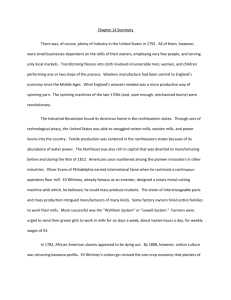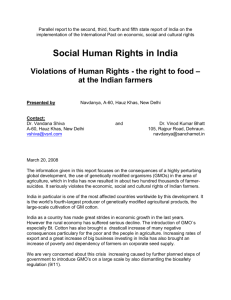Monsanto has not yet seen the film, Bitter Seeds, which is slated to
advertisement
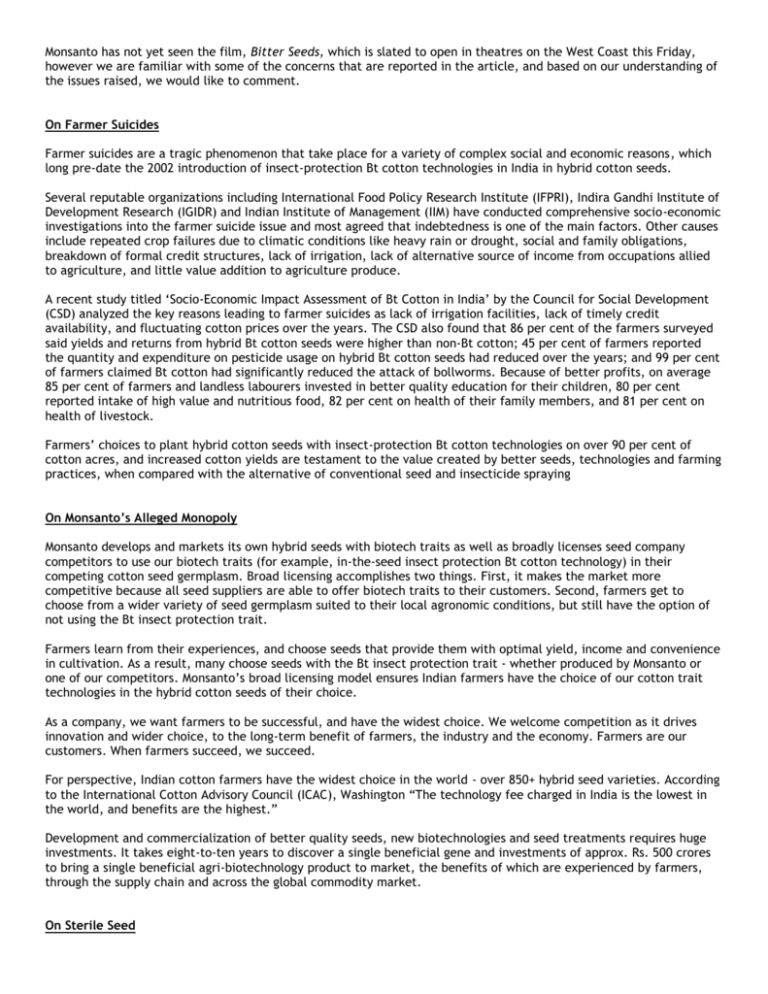
Monsanto has not yet seen the film, Bitter Seeds, which is slated to open in theatres on the West Coast this Friday, however we are familiar with some of the concerns that are reported in the article, and based on our understanding of the issues raised, we would like to comment. On Farmer Suicides Farmer suicides are a tragic phenomenon that take place for a variety of complex social and economic reasons, which long pre-date the 2002 introduction of insect-protection Bt cotton technologies in India in hybrid cotton seeds. Several reputable organizations including International Food Policy Research Institute (IFPRI), Indira Gandhi Institute of Development Research (IGIDR) and Indian Institute of Management (IIM) have conducted comprehensive socio-economic investigations into the farmer suicide issue and most agreed that indebtedness is one of the main factors. Other causes include repeated crop failures due to climatic conditions like heavy rain or drought, social and family obligations, breakdown of formal credit structures, lack of irrigation, lack of alternative source of income from occupations allied to agriculture, and little value addition to agriculture produce. A recent study titled ‘Socio-Economic Impact Assessment of Bt Cotton in India’ by the Council for Social Development (CSD) analyzed the key reasons leading to farmer suicides as lack of irrigation facilities, lack of timely credit availability, and fluctuating cotton prices over the years. The CSD also found that 86 per cent of the farmers surveyed said yields and returns from hybrid Bt cotton seeds were higher than non-Bt cotton; 45 per cent of farmers reported the quantity and expenditure on pesticide usage on hybrid Bt cotton seeds had reduced over the years; and 99 per cent of farmers claimed Bt cotton had significantly reduced the attack of bollworms. Because of better profits, on average 85 per cent of farmers and landless labourers invested in better quality education for their children, 80 per cent reported intake of high value and nutritious food, 82 per cent on health of their family members, and 81 per cent on health of livestock. Farmers’ choices to plant hybrid cotton seeds with insect-protection Bt cotton technologies on over 90 per cent of cotton acres, and increased cotton yields are testament to the value created by better seeds, technologies and farming practices, when compared with the alternative of conventional seed and insecticide spraying On Monsanto’s Alleged Monopoly Monsanto develops and markets its own hybrid seeds with biotech traits as well as broadly licenses seed company competitors to use our biotech traits (for example, in-the-seed insect protection Bt cotton technology) in their competing cotton seed germplasm. Broad licensing accomplishes two things. First, it makes the market more competitive because all seed suppliers are able to offer biotech traits to their customers. Second, farmers get to choose from a wider variety of seed germplasm suited to their local agronomic conditions, but still have the option of not using the Bt insect protection trait. Farmers learn from their experiences, and choose seeds that provide them with optimal yield, income and convenience in cultivation. As a result, many choose seeds with the Bt insect protection trait - whether produced by Monsanto or one of our competitors. Monsanto’s broad licensing model ensures Indian farmers have the choice of our cotton trait technologies in the hybrid cotton seeds of their choice. As a company, we want farmers to be successful, and have the widest choice. We welcome competition as it drives innovation and wider choice, to the long-term benefit of farmers, the industry and the economy. Farmers are our customers. When farmers succeed, we succeed. For perspective, Indian cotton farmers have the widest choice in the world - over 850+ hybrid seed varieties. According to the International Cotton Advisory Council (ICAC), Washington “The technology fee charged in India is the lowest in the world, and benefits are the highest.” Development and commercialization of better quality seeds, new biotechnologies and seed treatments requires huge investments. It takes eight-to-ten years to discover a single beneficial gene and investments of approx. Rs. 500 crores to bring a single beneficial agri-biotechnology product to market, the benefits of which are experienced by farmers, through the supply chain and across the global commodity market. On Sterile Seed “Monsanto has never developed or commercialized a sterile seed product. Sharing many of the concerns of small landholder farmers, Monsanto made a commitment in 1999 not to commercialize sterile seed technology in food crops. We stand firmly by this commitment. We have no plans to violate this commitment.”
